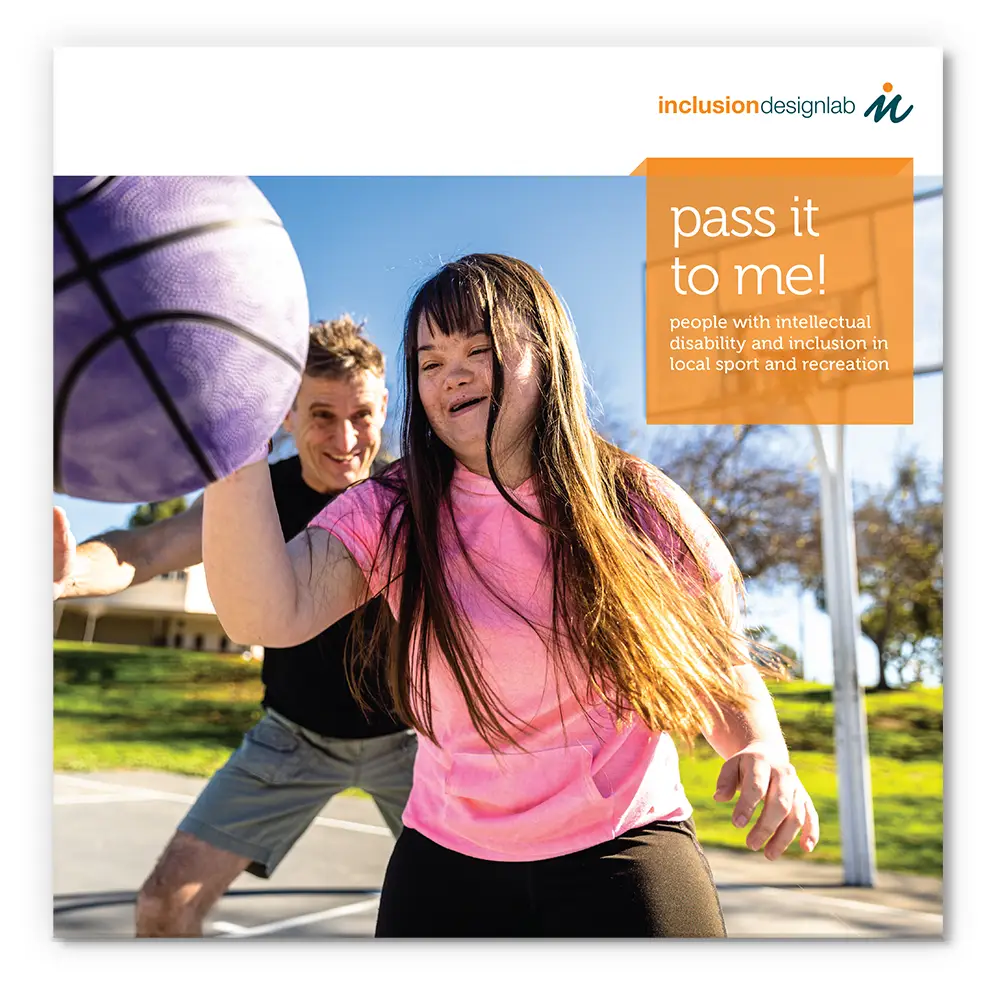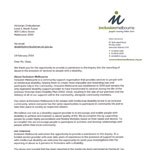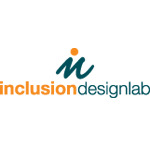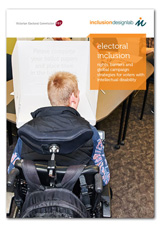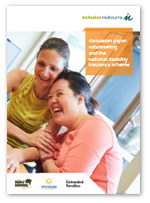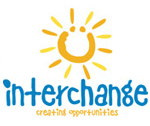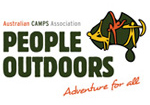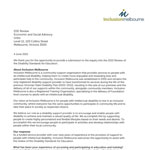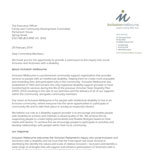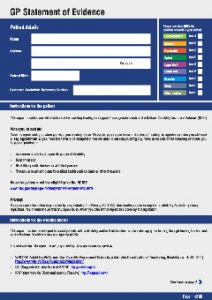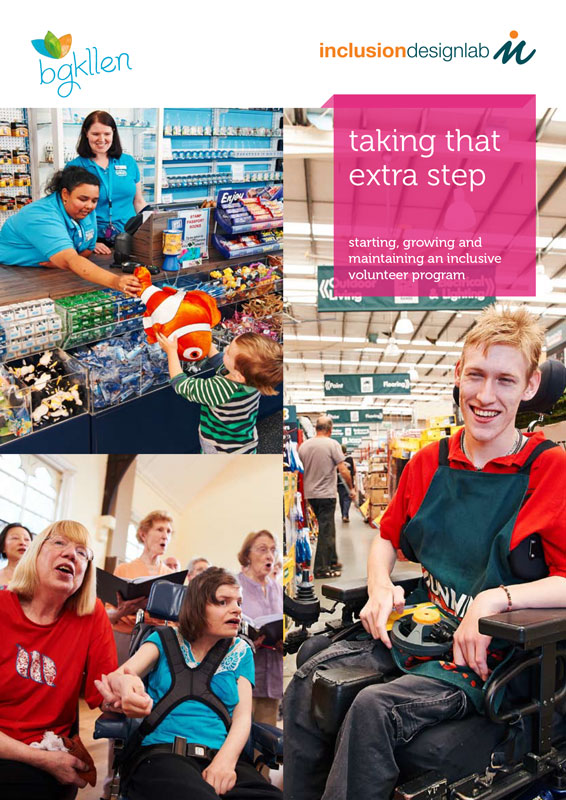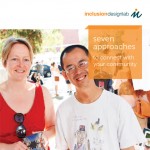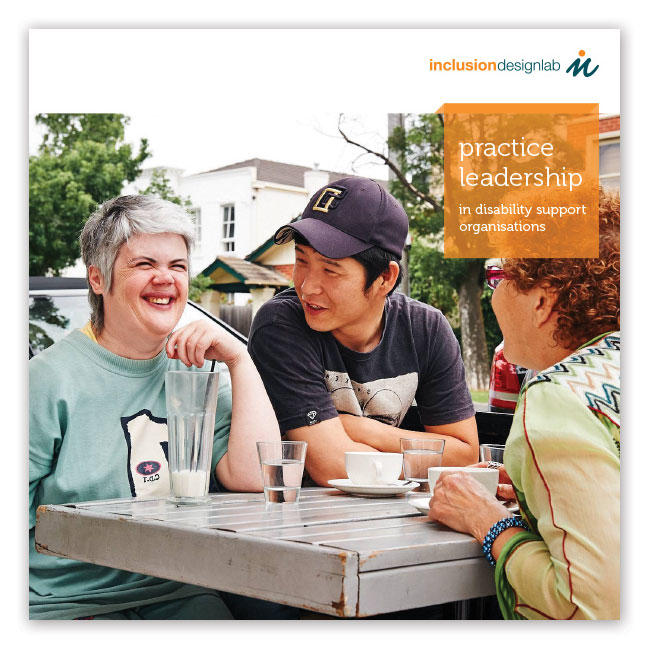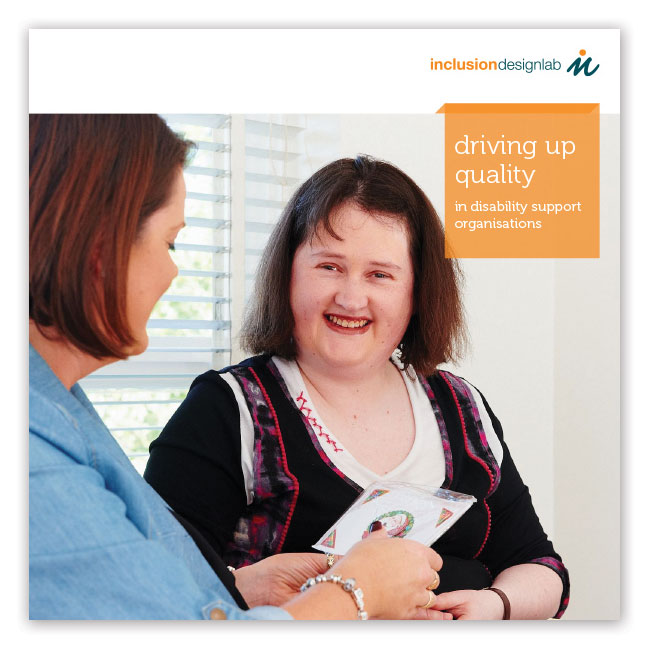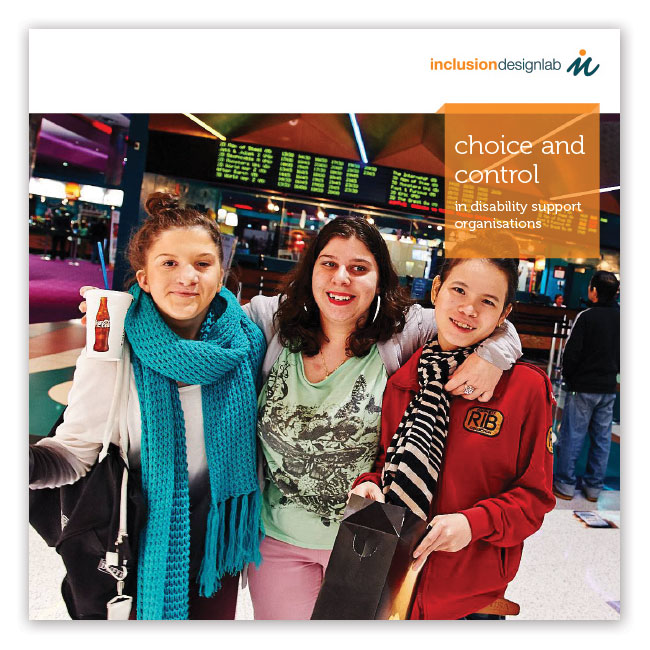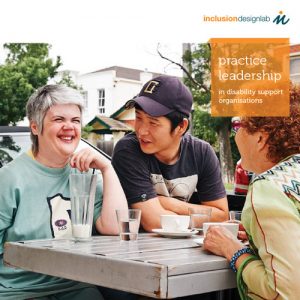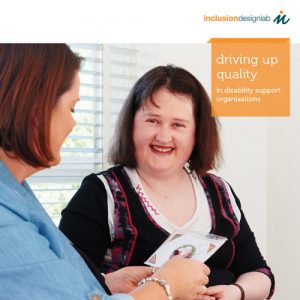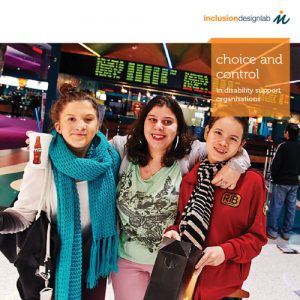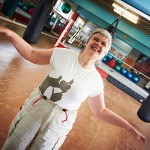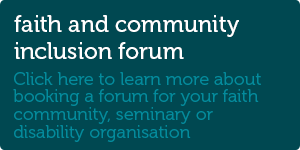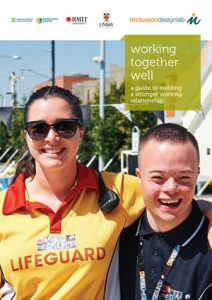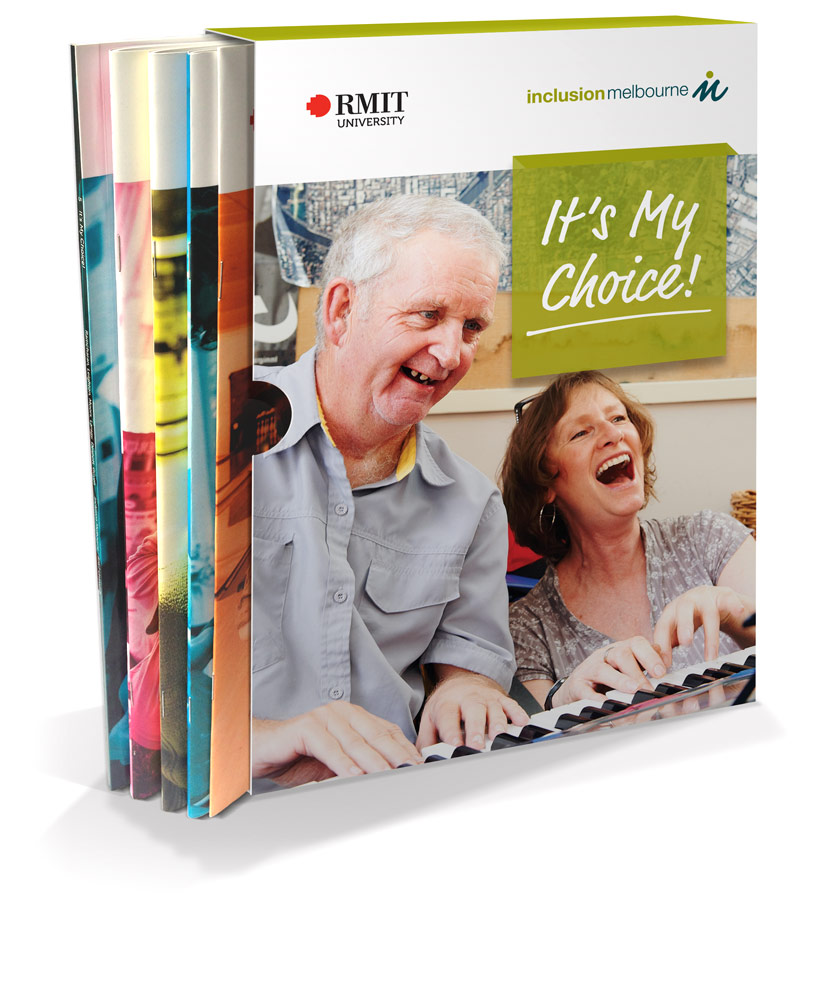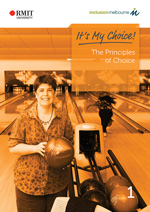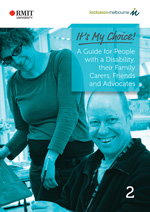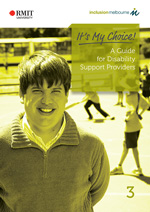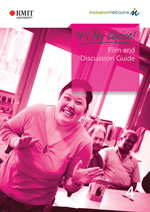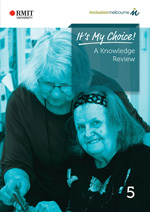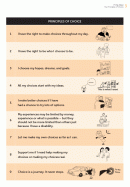pass it to me!
pass it to me!
Inclusion. It’s a word that is used widely these days – from the playing field, to multicultural events, and even politics.
For people with disability, opportunities to get involved in sport, recreation, and active life have grown hugely in the past thirty years. In Australia, our Paralympic heroes, Wheelchair AFL and the ITF Wheelchair Tennis Tour are no longer in the shadows. All Abilities competitions are thriving around the country, and the NDIS and other funding has made it easier for people to find regular support to get to training, participate in recreation, and try new ways to exercise and make active friends.
People with intellectual disability have not had the same experience of inclusion in the world of popular sport – particularly mainstream local sport and recreation. This book is all about changing that!
This book is for two groups of people:
- People with who need easy language materials to learn about their right to inclusion in sports and recreation groups. This includes people with intellectual disability.
- Leaders of sports and recreation organisations, including clubs, teams, and community groups who want to learn about the best and most efficient processes for supporting the inclusion of people with intellectual disability in their activities.
Proudly supported by Freedom Solutions Australia and South East Water.



